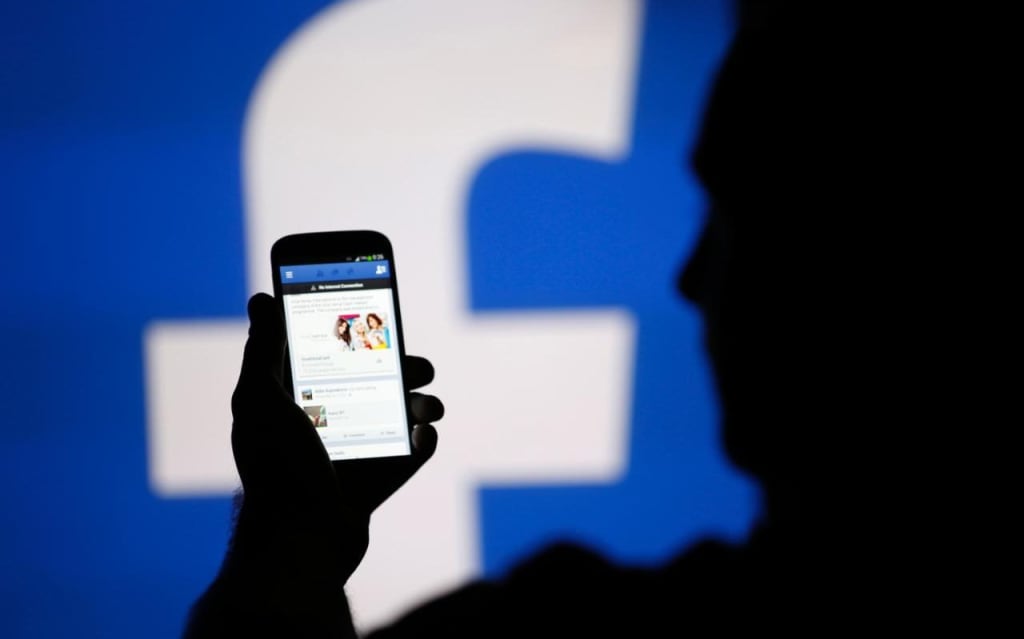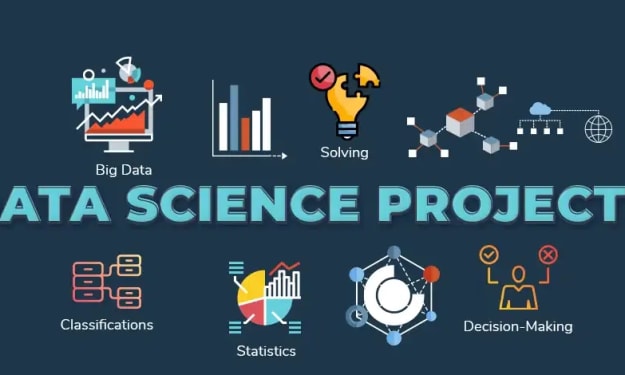Facebook Deliberately Addictive? No Kidding
Former Facebook President Sean Parker Wonders What the Social Media Platform "Is Doing to Our Children's Brains"

The number of apparent Facebook users is now the size of a few countries put together, and roughly almost a third of the global population. Former Facebook president Sean Parker's recent statement that Facebook creators were "exploiting a vulnerability in human psychology” is, as a result, hardly revelatory.
It will, however, likely cause a renewed level of concern regarding the amount of time that kids are spending in front of a screen, regardless of whether that screen is attached to a tablet, phone, or computer.
Parker is the 37-year-old billionaire founder of Napster and one of the co-founders of Facebook, which by some teenage standards is somewhat outdated when compared to the instantaneous nature of a social media platform such as Snapchat. However, Parker made it clear that right from the hop, it was Facebook's intent to be addictive.
Parker said that the overarching goal of the social media platform was to "consume as much of your time and conscious attention as possible” and that to ensure that content was contributed on an ongoing basis, the pleasure centers of the human brain are stimulated.
“That means that we need to sort of give you a little dopamine hit every once in a while,” Parker said, according to The Inquirer Daily News. “And that’s going to get you to contribute more content.”
The dopamine gets triggered through likes, or comments, or photos based on what you post. Certainly, it's been a clever way to generate user-contributed content; think about how you feel every time you see that someone's responded, in one way or another, to something you have posted on Facebook or via Facebook. We tend not to just think, "Oh, someone responded," and not look at it. We want to delve deeper and see what the other person posted in response to our post, and then the dialogue continues.
Parker also acknowledged something that many of us have acknowledged for some time; Facebook has changed the manner in which we interact with each other, and while for some this has been a welcome change, for others it has not.
“[Facebook] literally changes your relationship with society, with each other," he said. "It probably interferes with productivity in weird ways."
Parker's not wrong. How many of us have taken a "Facebook break" while involved in some task or other, intending to spend just a few minutes on the social media platform when an hour or so later, you're amazed at how much time was actually wasted? Whether you got busy watching the latest round of cute pet videos or were just catching up with a friend via Facebook's messaging platform, it's entirely too easy to get looped in to the addictiveness of Facebook and social media as a whole.
Indeed, there have been some studies, according to PsychCentral, which have detailed the ways in which Facebook has actually fuelled anxiety and other mental health disorders. Some have suggested in the past that perhaps Facebook could help those with anxiety or depression, as they could see people's profiles before actually meeting them in person, but the study discussed in "The Anxiety Of Facebook" seemed to indicate the reverse — that people's anxiety actually worsened between the time of seeing someone's profile and meeting them in real life.
While Parker did joke that once Facebook CEO Mark Zuckerberg heard what Parker said about Facebook, he would be blocked, one can't help but wonder if in creating Facebook 13 years ago, the creators of the social media platform knew full well they may have created what has amounted to a virtual drug for people. Regardless of the platform's initial intent, there are now some 2 billion individuals using Facebook as of the 3rd quarter of 2017 according to Statista; how many more individuals will create accounts as a part of the addiction?
About the Creator
Christina St-Jean
I'm a high school English and French teacher who trains in the martial arts and works towards continuous self-improvement.
Enjoyed the story? Support the Creator.
Subscribe for free to receive all their stories in your feed. You could also pledge your support or give them a one-off tip, letting them know you appreciate their work.






Comments
There are no comments for this story
Be the first to respond and start the conversation.